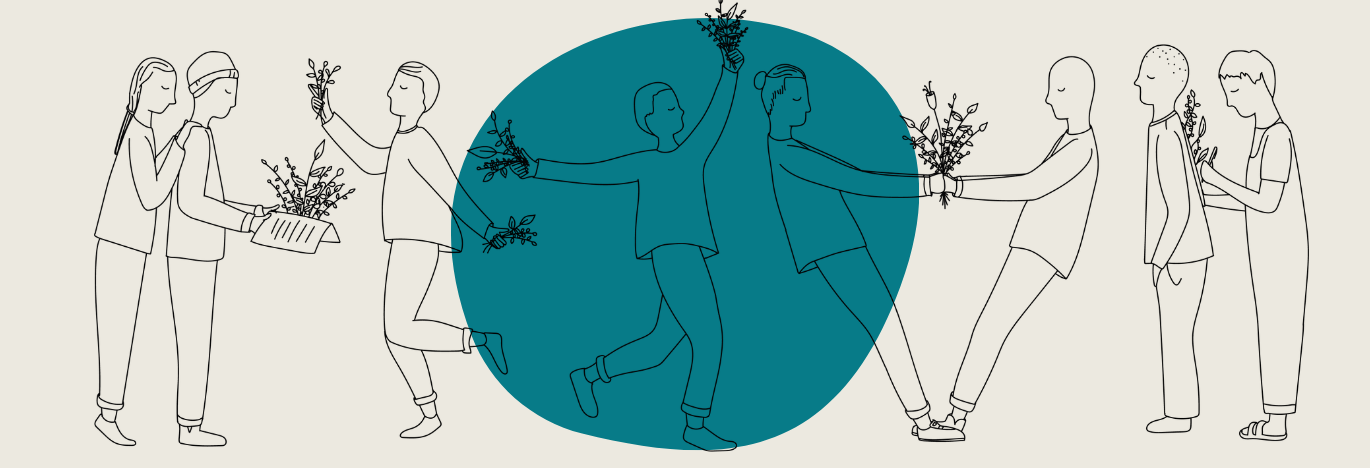This January, WriteWell’s Community Guide Claire Maguire was joined by two inspiring authors - Rachel Kelly & Niamh Fitzpatrick for a Writing Through Trauma conversation.
There is no greater agony than bearing an untold story inside of you – American Poet Maya Angelou
On Monday, January 16th, from across the waters, two well-known authors from the UK and Ireland came together online to discuss how writing about life’s painful experiences brought about an unexpected healing.
Irish author and psychologist Niamh Fitzpatrick never intended to be a writer but after the tragic death of her beloved sister Dara in 2017, she found solace in words. Born from an indescribable loss, came a book about trauma, grieving and recovery – Tell Me The Truth About Loss.
‘I had no intention to ever write’, Niamh explained. But after hearing of the rescue helicopter crash which claimed the lives of Dara and three other crew members, something prompted her to record three words in the note section on her phone – ‘visceral, vicious and violent’.
Niamh kept dropping words into the Notes section on her phone as she went along.
That primitive note-taking would eventually become the foundation for her book, but at the time it helped her simply because ‘it was a space to name my grieving experience in real time’.
How writing releases pain
Writing acts like an empathy machine. It can help us to take back control of those whirling thoughts and repetitive conversations we have with ourselves. It helps us to examine what pain has to teach us, pain which often resides in the body as a result of trauma.
Niamh described how, on hearing the news of her sister’s death, likened it to being stuck in a car on a railway track, unable to get out, as an unstoppable moving train came towards her. She felt the pain of losing her sister Dara in her body, her chest, her stomach and her heart.
Rachel Kelly believes in the power of Somatic Writing (writing preluded by a sequence of gentle yoga movements) and how it can have powerful effects for releasing trauma from the body.
Writing has been proven to have physical health benefits, like strengthening the immune system and lowering blood pressure for example. If you write regularly you’ll discover how it can ground you more intentionally in the body.
Above all writing is about connection. Niamh and Rachel’s deeply sensitive and honest conversation shows that writing has the potential to connect us more deeply with others. It’s often when that connection takes place by way of a conversation or within a writing group that a healing of some sort can come about.
We heard during the special online event that as grief moves and changes, so does healing. It doesn’t happen in one go. It takes time. Bit by bit, the pieces of ourselves we thought were gone forever begin to emerge and we start to become whole again.
‘Rather than shutting down the feelings, writing allows them. It allows the pain. That’s the real therapeutic work and the first stage of writing’, Rachel said.
Both Niamh and Rachel are feeling more optimistic about life every day. They found strength by sharing their stories with their readers. Rachel’s fifth book You’ll Never Walk Alone echoes that feeling of connectedness and not having to go it alone when times get tough.
‘It’s important to acknowledge that life can be wonderful even after living through the toughest and darkest times’, Niamh concluded.
To listen back to the Writing Through Trauma Event, sign up to WriteWell and gain access to a whole host of wellbeing authors and experts. Claire recommends short courses Navigating Change, the Big Picture and Your Dog – Your Mirror to help deal with grief and loss.

